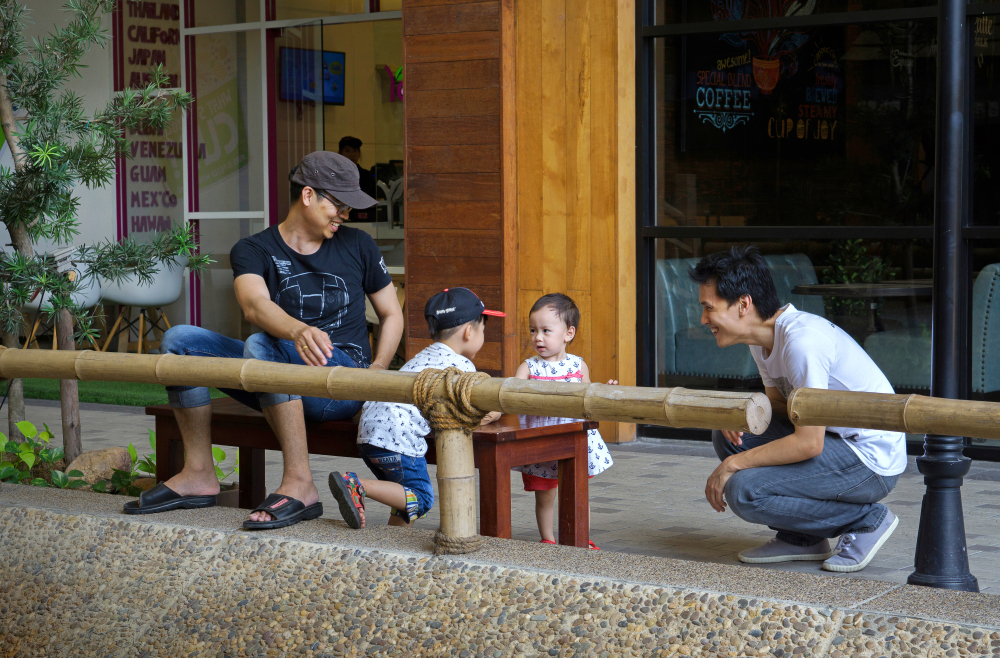Written by: Pang Chi Wah, Registered Educational Psychologist, New Horizons Development Centre
It is quite common for young children to become “shy kids” when they encounter strangers or find themselves in unfamiliar environments. How can parents help them break through this barrier and avoid hiding behind them every time they meet new friends?
Are Children Afraid of Strangers or Anyone?
In fact, shyness is a common experience for young children. They may not understand the motives or intentions of others, or they might feel scared in new environments. This is a normal reaction. Shyness is an inner psychological state, and parents should analyze their child’s reactions to different people to determine whether they are afraid of strangers or even shy around familiar faces.
If a child feels shy due to the unusual appearance or attire of strangers, or if they are in an unfamiliar environment with poor lighting or enclosed spaces, it is important to note that adults can also exhibit similar behaviors. Feeling shy or panicked in unfamiliar places or crowds is a normal reaction.
Gradual Exposure to Adapt to Environments and People
There are both extroverted and introverted children, as these are personality traits. Parents need to accept their child’s personality while also nurturing them to break through their limits. If a child remains shy for an extended period, it can hinder their exploration of the world, limit opportunities to enhance cognitive abilities, and reduce chances for social interaction and engagement in new learning experiences.
Parents should help their children gradually adapt to social interactions, moving from familiar to unfamiliar. Start with family members, then relatives, neighbors, friends, acquaintances, and finally strangers, slowly expanding the child’s social circle. Additionally, some children may not be afraid of facing others but may feel uncomfortable in certain unfamiliar environments. Parents should regularly take their children to different new places to expose them to new experiences, helping them learn to remain calm and increasing their social comfort zones. However, parents should not rush this process.
Developmental Issues Can Also Cause Shyness
Moreover, parents should be aware of potential developmental issues that might lead them to mistakenly perceive their child as shy, or that may actually be the root cause of their shyness. For instance, if a child has hearing development issues, their ability to respond to and receive sounds will naturally be poorer than that of a normally developing child. Similarly, if a child is nearsighted or farsighted, their inability to see clearly can lead to feelings of shyness. If parents do not recognize that this shyness stems from vision problems, they may mistakenly believe the child is simply more reserved, overlooking the real issue.
Additionally, issues such as sensory integration dysfunction, social barriers, and poor coordination between different sensory channels can also lead to similar behaviors in children. If parents are unable to identify the underlying problems, they should seek assistance from professionals to diagnose the root causes and address them promptly, greatly reducing the impact on the child.


